Search
Did you mean: Critias?
Search Results

Definition
Charlemagne
Charlemagne (Charles the Great, also known as Charles I, l. 742-814) was King of the Franks (r. 768-814), King of the Franks and Lombards (r. 774-814), and Holy Roman Emperor (r. 800-814). He is among the best-known and most influential figures...
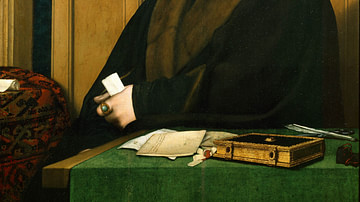
Definition
Thomas Cromwell
Thomas Cromwell (l. c. 1485-1540 CE) served as chief minister to Henry VIII of England (r. 1509-1547 CE) from 1532 to 1540 CE. With his king and the Archbishop of Canterbury Thomas Cranmer (in office 1533-55 CE), Cromwell masterminded the...

Definition
Joseph of Arimathea
Joseph of Arimathea was a follower of Jesus of Nazareth who buried him in his own tomb after the crucifixion. In the gospels, Mark and Luke identified him as a member of the Sanhedrin, the Jewish Council in Jerusalem. The location of Arimathea...

Definition
Serf
Medieval serfs (aka villeins) were unfree labourers who worked the land of a landowner (or tenant) in return for physical and legal protection and the right to work a separate piece of land for their own basic needs. Serfs made up 75% of...

Definition
Great Exhibition
The 1851 Great Exhibition was held in the purpose-built Crystal Palace in Hyde Park, London, to showcase the latest developments in engineering, science, and the arts, as well as objects of cultural significance from Britain and abroad. Running...
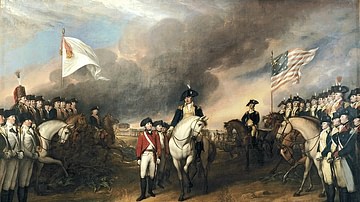
Definition
American Revolutionary War
The American Revolutionary War (1775-1783), or the American War of Independence, was a conflict between Great Britain and its 13 North American colonies, who declared independence as the United States of America. Initially a rebellion within...
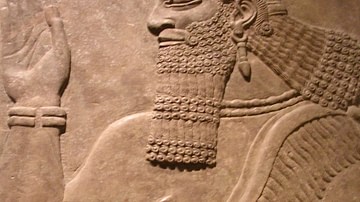
Definition
Neo-Assyrian Empire
The Neo-Assyrian Empire (912-612 BCE) was the final stage of the Assyrian Empire, stretching throughout Mesopotamia, the Levant, Egypt, Anatolia, and into parts of Persia and Arabia. Beginning with the reign of Adad Nirari II (912-891 BCE...
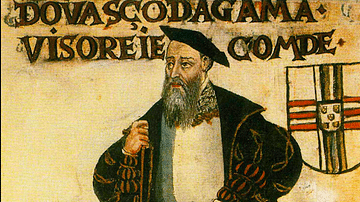
Definition
Vasco da Gama
Vasco da Gama (c. 1469-1524) was a Portuguese navigator who, in 1497-9, sailed around the Cape of Good Hope in southern Africa and arrived at Calicut (now Kozhikode) on the south-west coast of India. This was the first direct voyage from...
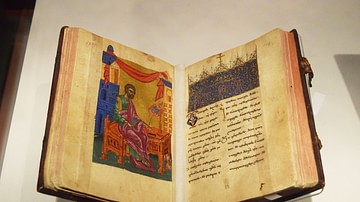
Definition
The Gospels
The New Testament contains four gospels attributed to Matthew, Mark, Luke, and John. The four gospels are not biographies of Jesus, nor are they history as we define it. What each gospel attempted to do was write a theological explanation...
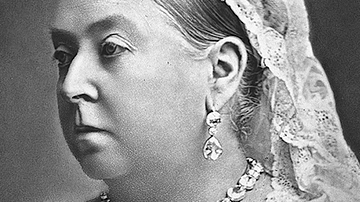
Definition
Queen Victoria
Queen Victoria of Great Britain (r. 1837-1901) was one of the most loved of all Britain's monarchs. Her longevity, devotion to her role as figurehead of an empire, and recovery from the death of her beloved husband Prince Albert won her a...